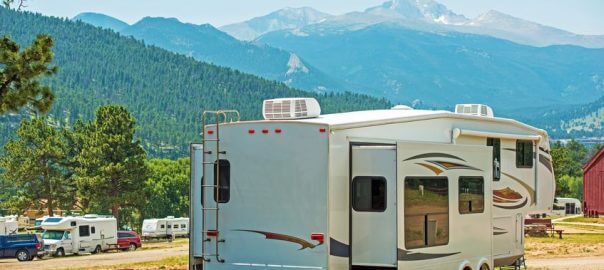
What You Need to Know About RV Insurance
With summer in full swing and the pandemic not yet over, many people are looking for alternative ways to travel. Instead of hopping on a plane, many people are considering road trips. Traveling in a regular vehicle can get cramped and uncomfortable. People may be looking for something more comfortable, such as a recreational vehicle or RV. And if thats the case then here is what you need to know about RV insurance.
RVs can make traveling much easier, but before you set off to buy one or put yours back out on the road, you need to evaluate your insurance. It is important to understand RV insurance, so you get the coverage you need and know exactly what is covered before heading out on your trip.
What is RV Insurance?
It is different from car insurance because travel trailers, campers and motorhomes need custom coverage. You need to evaluate your specific needs and tailor the coverage. A professional can help you work through any questions you have to get the right amount of coverage.
What does it cover?
There are a variety of things that you can opt to include in your RV coverage:
- Medical payments.
If you or your passengers are injured, this type of insurance will help cover medical costs.
- Collision damage.
If the RV itself gets damaged in a collision, this type helps pay for repairs.
- Bodily injury.
If you get into an accident where others are hurt, this type will help pay for their injuries.
- Property damage.
If your RV damages someone else’s car or home, this type will help cover repairs.
Additional Information About RV Insurance
Here is additional information about RV insurance:
- Cost.
You may wonder how much RV insurance is going to cost. There are a variety of factors that can go into determining this exact number. These factors are your driving record, age and policy details.
- Water damage.
If you are concerned about water damage, make sure to add it into your policy. It may not be automatically included.
- Motorhome vs. travel trailer.
Getting the right coverage for your vehicle is essential. A motorhome is a trailer with an engine. It can be driven on its own. A travel trailer needs to be pulled behind another vehicle because it has no engine of its own.
As you prepare for your upcoming trips, you want to be sure to have the right insurance coverage should something happen. Reach out to an NE insurance agent today with any questions.

 Next Post
Next Post